Calendar of events, awards and opportunities
Every week, we update this list with new meetings, awards, scholarships and events to help you get your ducks in a row. If you’d like us to feature something that you’re offering to the bioscience community, email us with the subject line “For calendar.” ASBMB members’ offerings take priority, and we do not promote products/services. Learn how to advertise in ASBMB Today.

Submit your abstract for the ASBMB Annual Meeting
The 2021 ASBMB Annual Meeting, held in conjunction with Experimental Biology, will be presented in a virtual and interactive format that will allow you to learn, network and engage like never before. Submit your abstract to an ASBMB topic category for a chance to present your work in a spotlight session or give a poster talk. Learn more.
Dec. 1: Grants for grad students with disabilities
The Foundation for Science and Disability gives out $1,000 grants to disabled fourth-year undergraduates who've been accepted by a graduate program and to students already enrolled in graduate programs. The Science Student Grant Fund is meant to support work on a project or thesis. You can use the grant, for example, to gain access to assistive devices or otherwise facilitate your work. Learn more.

ASBMB Lipid Research Division Seminar Series
The ASBMB Lipid Research Division features the work of young investigators at noon Eastern on Wednesdays. If you are interested in presenting, please contact John Burke. Register once to access the whole series.
Dec. 2: Insight on novel roles and regulation of phosphoinositide lipids
- Alejandro Alvarez, National Institutes of Health: Myelination of peripheral nerves is controlled by PI4KB through regulation of Schwann cell Golgi function
- Peiqi Li, Yale University: Insights into lysosomal PI(3,5)P2 homeostasis from a structural-biochemical analysis of the PIKfyve lipid kinase complex
Dec. 15: Deadline for LGBTQ+ awards nominations
The National Organization of Gay and Lesbian Scientists and Technology Professionals is accepting nominations for its annual awards. There are many award categories, including LGBTQ+ Educator of the Year and LGBTQ+ Scientist of the Year. Companies also are eligible for certain awards. You can read the award descriptions and submit nominations here.
Jan. 1: AAAS media fellowship deadline
The American Association for the Advancement of Science is accepting applications for it's 10-week AAAS Mass Media Science & Engineering Fellowship through Jan. 1. If you are interested in working in radio, magazines, newspaper or TV, consider applying for this super competitive fellowship. This is a summer program, with orientation typically in D.C. in June, but we'll see what the pandemic has to say about that. Please note: This is a paid fellowship ($7,000), and AAAS covers your travel. However, it doesn't provide housing, a housing stipend or health insurance. Learn more.
Jan. 9: Caltech WAVE fellowship deadline
Caltech is accepting applications for its WAVE Fellows undergraduate research program, which provides support for underrepresented minority students (who plan to earn Ph.D.s) to conduct 10-week summer research projects with Caltech faculty members. Research-specific information sessions are scheduled throughout November. Applications due Jan 9. Learn more.
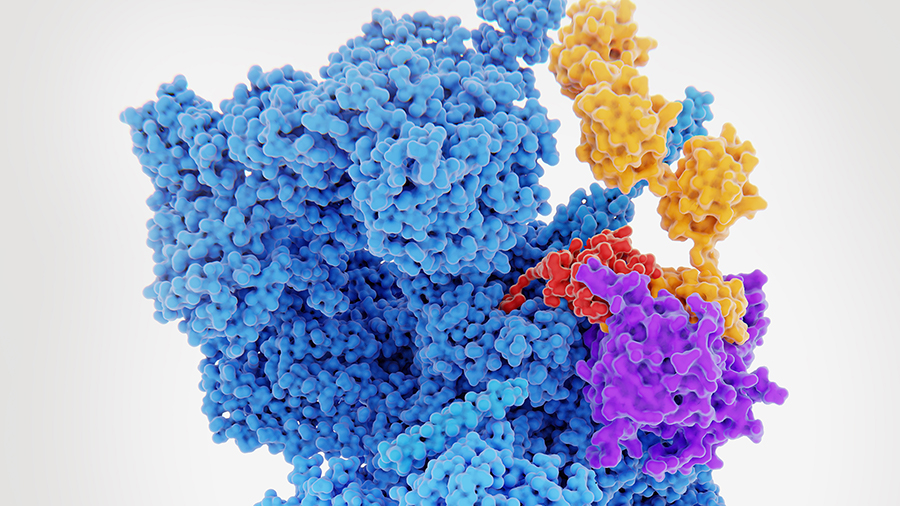
Feb. 24–26: Proteinases and their inhibitors
Founded by Hans Fritz and Vito Turk, the meeting has been providing a scientifically stimulating and outstanding open atmosphere to researchers on proteolytic enzymes for almost four decades. The meeting covers diverse and vibrant fields of protease research, such as mechanistic studies on proteases in their molecular, cellular and organismic context. Sessions include proteolysis in cancer; proteolysis in neuro-signaling and neurodegeneration; proteolysis in blood coagulation; discovery of protease substrates; mechanisms and engineering of proteases, ligases, their substrates and inhibitors. This will be a forum primarily for young scientists (pre- or postdoctoral) to present their exciting and/or intriguing results for discussion with leading experts. Learn more.

May 4–5: A special symposium celebrating the 50th anniversary of the Protein Data Bank
This celebration of the 50th anniversary of the founding of the Protein Data Bank as the first open-access digital data resource in biology will include presentations from speakers from around the world who have made tremendous advances in structural biology and bioinformatics. Students and postdoctoral fellows are especially encouraged to attend and will be eligible for poster awards. Learn more.
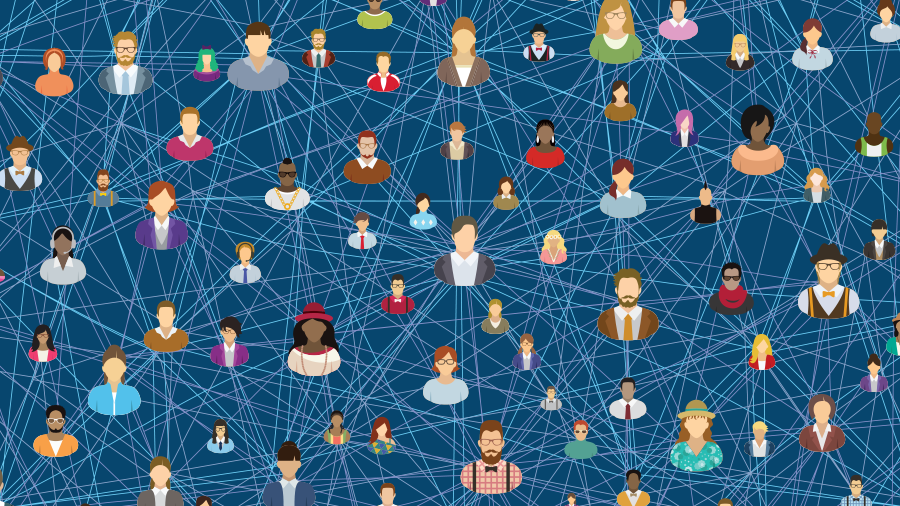
Call for virtual scientific event proposals
The ASBMB provides members with a virtual platform to share scientific research and accomplishments and to discuss emerging topics and technologies with the BMB community.
The ASBMB will manage the technical aspects, market the event to tens of thousands of contacts and present the digital event live to a remote audience. Additional tools such as polling, Q&A, breakout rooms and post event Twitter chats may be used to facilitate maximum engagement.
Seminars are typically one to two hours long. A workshop or conference might be longer and even span several days.
Prospective organizers may submit proposals at any time. Decisions are usually made within four to six weeks.
Enjoy reading ASBMB Today?
Become a member to receive the print edition four times a year and the digital edition monthly.
Learn moreFeatured jobs
from the ASBMB career center
Get the latest from ASBMB Today
Enter your email address, and we’ll send you a weekly email with recent articles, interviews and more.
Latest in Careers
Careers highlights or most popular articles
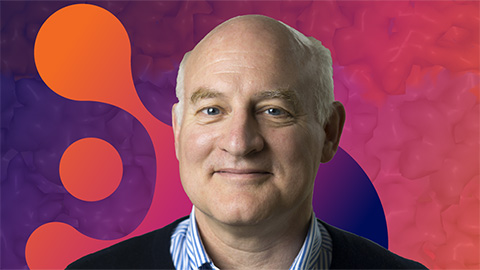
Building the blueprint to block HIV
Wesley Sundquist will present his work on the HIV capsid and revolutionary drug, Lenacapavir, at the ASBMB Annual Meeting, March 7–10, in Maryland.
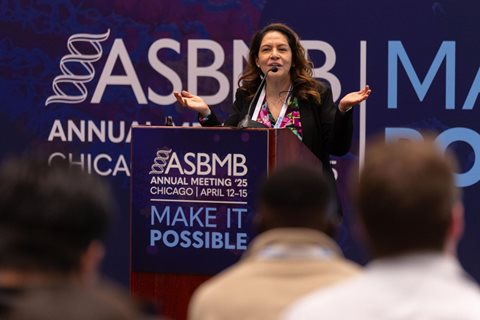
Upcoming opportunities
Present your research alongside other outstanding scientists. The #ASBMB26 late-breaking abstract deadline is Jan. 15.
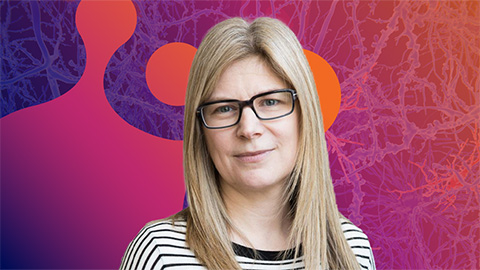
Designing life’s building blocks with AI
Tanja Kortemme, a professor at the University of California, San Francisco, will discuss her research using computational biology to engineer proteins at the 2026 ASBMB Annual Meeting.

Upcoming opportunities
#ASBMB26 late-breaking abstract submission opens on December 8. Register by Jan. 15 to get the early rate on our Annual Meeting.

Make your abstract stand out
Ensure your research is impossible to overlook. Get quick, practical reminders for crafting an abstract that attracts readers and helps you build connections at the conference.
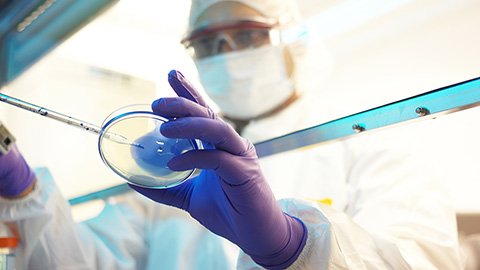
Inside industry postdocs
As more Ph.D. scientists look beyond academia, industry postdocs offer a new kind of training, where mentorship meets mission-driven research. Fellows at Pfizer and Genentech share how these programs prepare them to translate discovery into impact.
